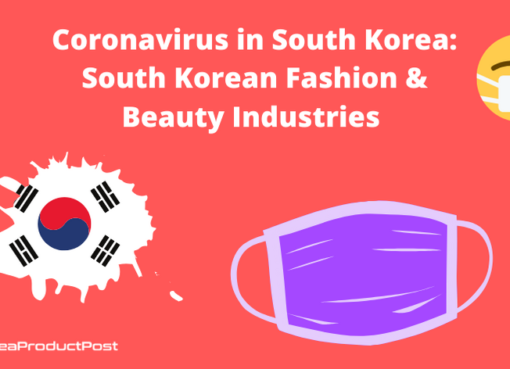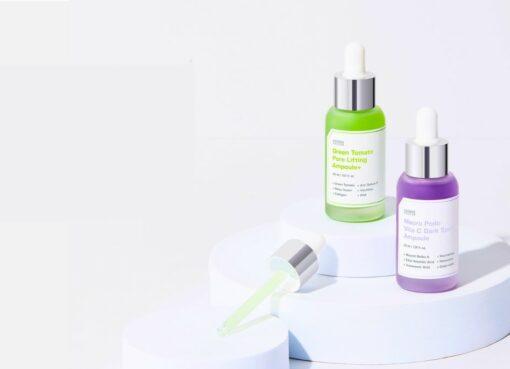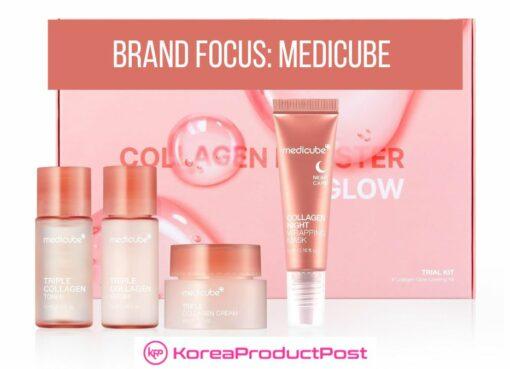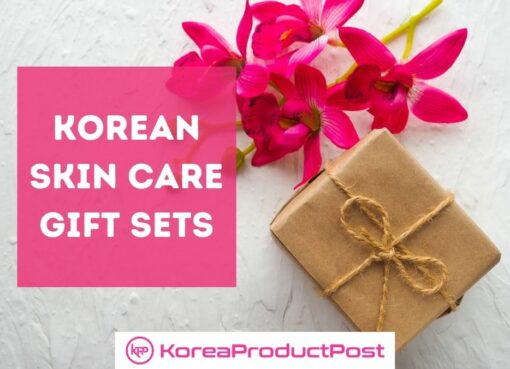Explore the remarkable success of Korean plastic surgery, diving into its cultural roots, popular trends, and the impact of K-Pop and K-Dramas.
Plastic surgery, having evolved into a significant cultural phenomenon in South Korea, has earned the nation the title of “Plastic Surgery Capital of the World.” The sector has grown exponentially in recent years and is now worth an astounding $10.7 billion. It is essential to analyze the historical and cultural backdrop of cosmetic surgery in South Korea and the larger societal acceptance and relevance of looks within Korean culture to comprehend the driving forces behind this accomplishment.
History and Culture of Plastic Surgery in South Korea
The concept of face physiognomy, determining a person’s personality based on their facial features, is a belief that’s less prevalent today. Also, it is a belief which we don’t see nowadays. It is still prominent in Korean culture. As a result, it indirectly influences the boom of plastic surgery in South Korea. Face physiognomy, the idea that a person’s facial traits represent their personality and future is how Korea views beauty. Due to people’s desire to look attractive and cultural expectations, cosmetic surgery has become increasingly popular. Some experts suggest that this cultural context is the beginning of why plastic surgery is so popular in Korea. The idea of physiognomy introduces how the most subtle changes can greatly impact someone’s life.
Ignoring the economic impact of South Korea’s phenomenal rise in the plastic surgery sector is impossible. It now represents a significant economic contribution to the nation, valued at $10.7 billion. This astounding number underscores the scope and desire for plastic surgery in South Korea and emphasizes its importance to the culture and economics of the nation.
The Trends and Techniques
In South Korea, plastic surgery is widely accepted in fashion society, especially in the entertainment industry. Various factors, including media influence and beauty ideals, have shaped this trend.
Modifying facial features and other body parts has become common, as evidenced by instances like the Miss Korea pageant. In 2013 Miss Korea, the old photos of Yumi Kim made rounds on the internet, claiming that her beauty is not natural. She won 2012 Miss Korea, and all this incident took place after a year. However, the success of Yumi Kim portrays Korean plastic surgery in a positive light and as upcoming trends. As a result, cosmetic surgery become more evident in South Korea.
The Impact of K-Pop and K-Dramas on Cosmetic Surgery Trends
Now it is very common for people who are in the beauty industry or entertainment to do some type of cosmetic surgery. K-pop is the biggest example where plastic surgery is very common. The Korean pop industry is one of the most popular entertainment industries worldwide. As a result, people who want to be in the industry will do anything to be here, including plastic surgery.
Additionally, when celebrities and prominent figures openly discuss their cosmetic surgery experiences, they help dispel the stigma associated with such procedures. These powerful people create a cultural context where improving one’s appearance is viewed as a personal decision rather than a taboo issue, contributing to the greater acceptability and favorable impression of cosmetic surgery.
Cultural Expectations of Beauty
In Korean culture, outward looks are highly valued and affect many elements of life. A person’s physical appearance is seen to have an impact on their performance in areas like school, profession, and relationships. Being beautiful is highly appreciated.
People who adhere to conventional beauty norms frequently have an edge in South Korea’s competitive employment market. According to research, physically appealing people are more likely to land jobs and earn greater pay than less handsome people. The emphasis on physical appearance has influenced the popularity of plastic surgery as people seek to increase their chances of success and boost their self-confidence.
Affordability and High Quality of Procedures Boost Demand
Plastic surgery is relatively affordable in South Korea. This is due to several factors, including the high number of plastic surgeons in the country, the competitive nature of the industry, and the government’s support for medical tourism. As a result, people from all over the world travel to South Korea to undergo plastic surgery.
Rhinoplasty is a popular plastic surgery technique in South Korea due to the significant desire for a ‘perfect nose’. The obsession with a perfect nose in South Korea is immense. It is a highly demanding type of cosmetic surgery that women do in South Korea. Other than that, there is other just as popular cosmetics surgery the Koreans do. Eyes, jaw & face contouring, anti-aging, body shaping and breast augmentation are among the top demands for cosmetic surgeries in South Korea.
Korea’s Top Plastic Surgery Procedures
South Korean plastic surgeons are at the forefront of innovation in the field of plastic surgery. They have developed new techniques and procedures that are less invasive and have faster recovery times. Patients highly value their proficiency in delivering natural-looking outcomes.
The most popular plastic surgery procedures in South Korea include:
- Double eyelid surgery: This procedure creates a double eyelid crease, considered a sign of beauty in Korea.
- Rhinoplasty: This procedure reshapes the nose to create a more aesthetically pleasing and balanced appearance.
- Cheekbone augmentation: This procedure adds volume to the cheekbones, creating a more defined and angular face shape.
- V-line jawline surgery: This procedure reduces the size of the jawline, creating a more V-shaped face shape.
- Lip augmentation: This procedure adds volume to the lips, creating a more fuller and pouty appearance.
Wrapping up
Overall, the success of Korean plastic surgery and its related trends can be attributed to a number of factors, including the cultural emphasis on physical appearance, the availability of affordable and high-quality procedures, the use of minimally invasive techniques, and the availability of aftercare services. As the world becomes more interconnected, Korean beauty standards are becoming more widespread, which will likely continue to drive demand for these procedures in the coming years.









